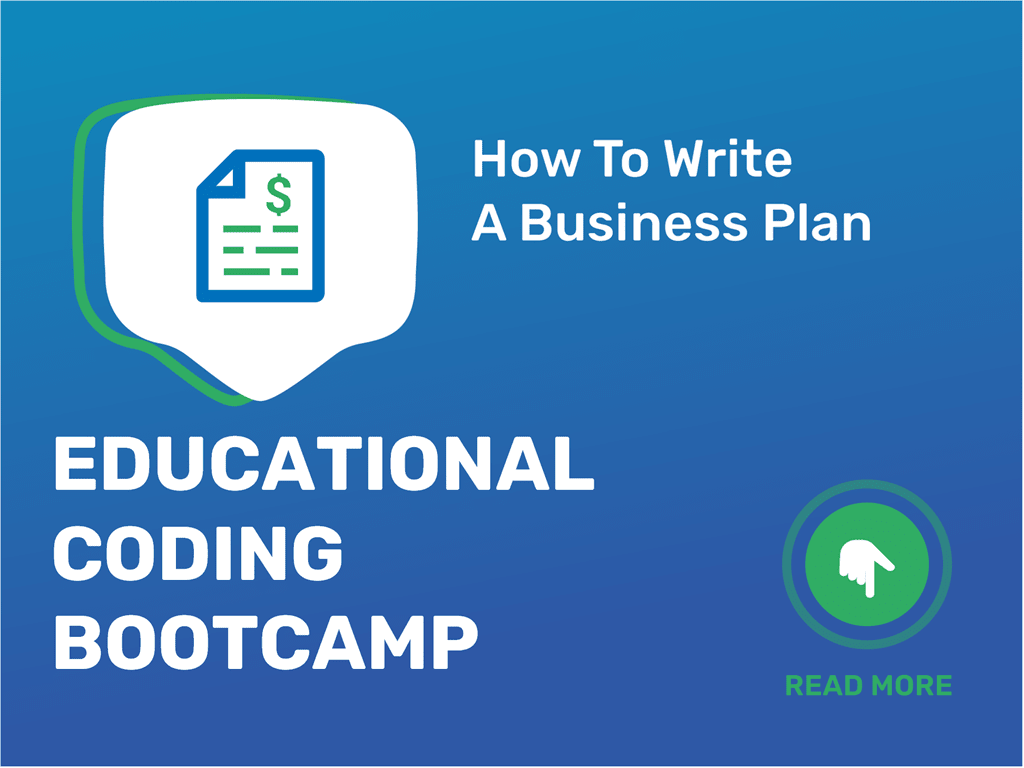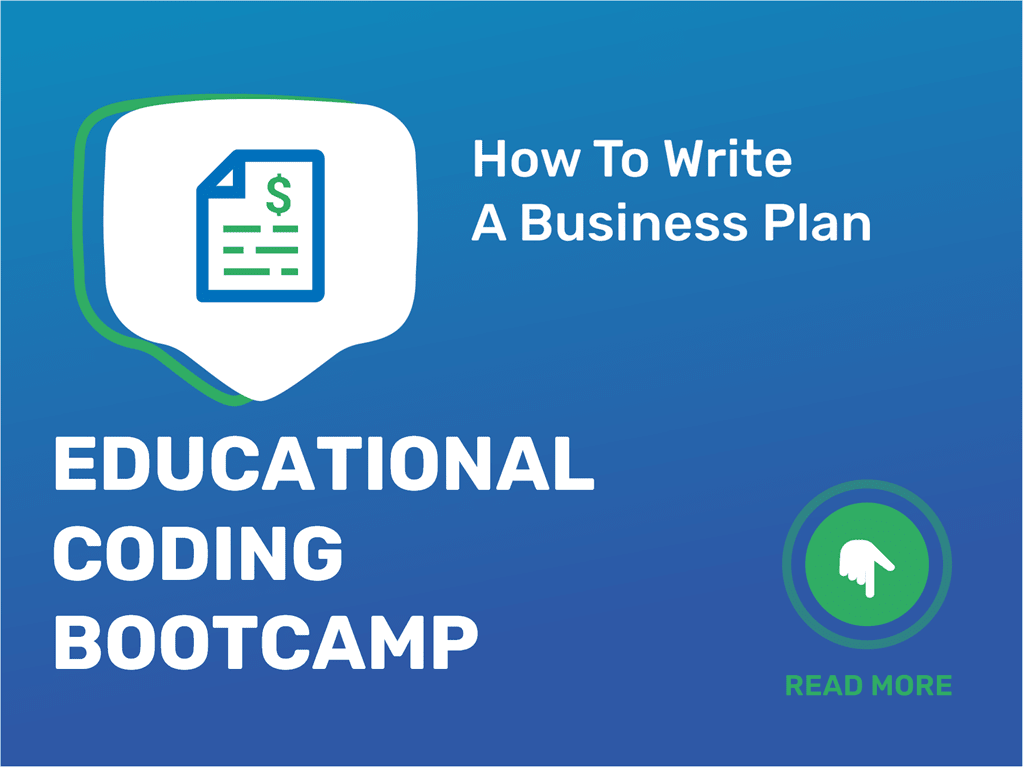Market Research and Target Audience: How To Start A Coding Bootcamp Business

Launching a successful coding bootcamp requires a deep understanding of your market and the specific needs of your target students. Thorough market research will inform every aspect of your business, from curriculum design to marketing strategy. Ignoring this crucial step can lead to significant challenges down the line.
How to start a coding bootcamp business – Effective market research involves identifying your ideal student profile, analyzing the competitive landscape, defining your bootcamp’s niche, and developing a targeted marketing plan. This process is iterative; you’ll likely refine your understanding as you gather more data and receive feedback.
Ideal Student Profile
Defining your ideal student is paramount. Consider factors like age, educational background, prior work experience, career aspirations, learning styles, and financial capacity. For example, you might target recent college graduates seeking a career change, professionals looking to upskill, or individuals seeking a complete career transition into tech. Understanding their motivations, challenges, and expectations will guide your curriculum development and marketing efforts. A detailed persona, including demographics, goals, and pain points, will be invaluable.
Competitive Landscape Analysis
Before launching, thoroughly research existing coding bootcamps in your area. Analyze their pricing, curriculum, teaching methods, student reviews, and marketing strategies. Identify their strengths and weaknesses to find your unique selling proposition (USP). Are there gaps in the market you can fill? Do you offer a more specialized curriculum, a more personalized learning experience, or a more affordable option? For example, you might find a lack of bootcamps focusing on specific technologies like blockchain development or AI, allowing you to specialize in a high-demand area.
Bootcamp Skills and Technologies
The specific skills and technologies your bootcamp offers must align with market demand. Research job postings and industry trends to identify in-demand skills. Consider specializing in a particular area like web development (front-end, back-end, full-stack), data science, cybersecurity, or mobile app development. Your curriculum should be updated regularly to reflect evolving industry standards. For example, focusing on cloud computing technologies like AWS or Azure is currently highly relevant due to the increasing adoption of cloud-based solutions by businesses.
Marketing Plan
Your marketing plan should be tailored to reach your target audience. Consider using a multi-channel approach, including online advertising (Google Ads, social media marketing), content marketing (blog posts, articles, webinars), search engine optimization (), partnerships with universities or tech companies, and networking events. Track your marketing efforts to measure their effectiveness and make adjustments as needed. For instance, targeting LinkedIn for professionals seeking upskilling, while using Instagram for reaching younger audiences, would be a strategic approach.
Comprehensive Student Persona, How to start a coding bootcamp business
Based on your research, develop a comprehensive student persona. This should include details like:
Name: Alex Johnson
Age: 25
Education: Bachelor’s degree in Marketing
Work Experience: 2 years in marketing
Career Aspiration: Become a full-stack web developer
Learning Style: Hands-on, project-based learning
Financial Capacity: Willing to invest in a bootcamp but prefers affordable options.
Pain Points: Lack of technical skills, fear of failure, concern about job placement after the bootcamp.
This detailed persona will serve as a guide in every decision you make, ensuring your bootcamp caters to the specific needs and aspirations of your target students.


Tim Redaksi